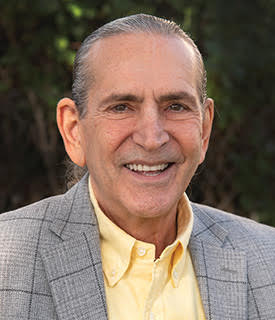We do many things out of habit, operating on autopilot. We experience this easily while we’re driving. If we’re headed somewhere new, we’re conscious of every turn and what we’re passing. If we’re driving a routine route while having a conversation with a friend in the car, our autopilot starts to kick in. While we’re focusing our attention on the conversation, we manage to make every turn and stop we need to. We might not even remember the drive once we get there! This is because we create a habitual behavior out of routine. Our brains already know what to expect. So how does this relate to eating? Don’t you have those moments when you eat without even thinking? Not realizing how much you’re actually eating? Or wanting to eat again even though you should feel full? Well you just may be eating out of habit.
There’s a study that looked at two different groups of people. Both groups performed the same experiment, except the non-habit group did two eight-minute sessions while the habit group did twelve eight-minute sessions. Each group had to sit in front of a computer screen and hit a button when prompted to do so. When the button was pressed, a snack was given – either an M&M or a Fritos chip. Again, the non-habit group performed this for two rounds while the habit group did it for twelve.
The researchers were interested in observing the part of the brain that anticipates value for an expected event – the ventromedial prefrontal cortex in the frontal lobe. A real life example of this would be when a waiter brings you food to your table and your mouth waters and you get excited to eat. You’re hungry and anticipating the rewards of eating.
To observe this particular activity in the brain, researchers used an fMRI to look at brain activity in real time. So now they looked at the non-habit group. Participants pressed the button and that part of the brain was activated, encouraging them to eat the snack. Then they ate a big meal. Now that they were full, when the participants pressed the button, the activity in that part of the brain was minimal – because they were no longer hungry, there was less value in eating the snack. When looking at the habit-group, their ventromedial prefrontal cortex was activated each time they pressed the button – even after being full. So when their hunger should have been satisfied, they still ate the snacks because they were already conditioned into a habitual routine of rewarding themselves with the snack. This goes to show that when we do something more and more, especially when we do it mindlessly, we’re training our brains to react out of habit.
So yes, in fact, when we’re eating popcorn at the movies or chips in front of the TV, we’re eating out of habit which explains how we overeat. If you struggle with breaking habits, addiction, and/or overeating, please contact Crownview Medical Group and get in touch with a specialized medical professional who can provide you with some great advice.
Sources:
https://www.psychologytoday.com/blog/neurologic/201601/why-do-we-eat-when-were-not-hungry
























